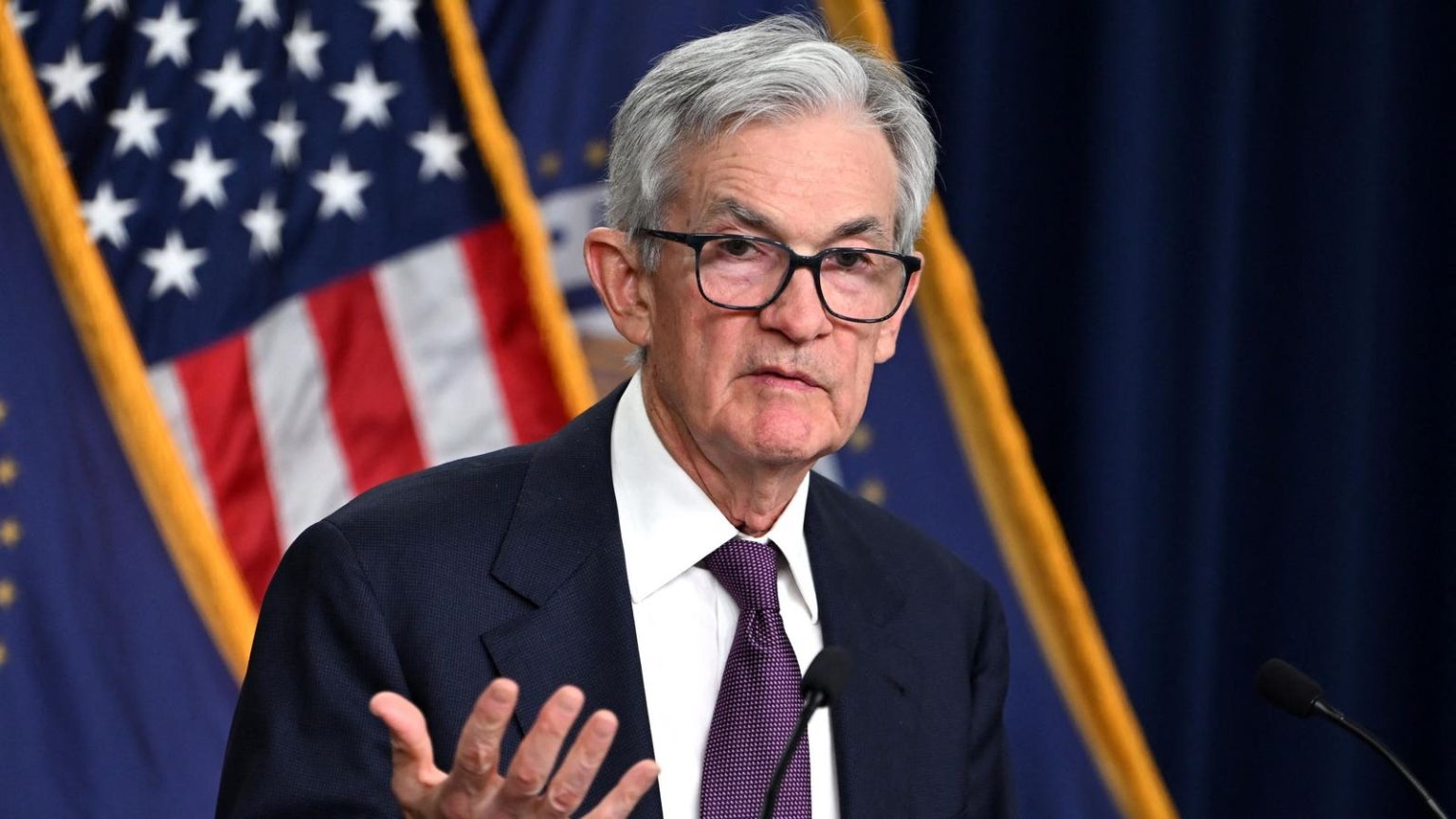Federal Reserve Chair Jerome Powell: Trump’s Imp ACT on U.S. ECONOMY
1. The Fed Chair Explores Trump’s deportation POLICIES
Federal Reserve Chairman Jerome Powell expressed worry about the U.S. economic downturns linked to the Trump administration’s immigration policies, particularly their intent to remove undocumented immigrants from the workforce. He introduced a remark at a Congressional hearing, emphasizing that Trump’s goal was to reduce the labor supply through deportations. Poll data, citing a Quinnipiac survey, indicated that 56% of registered voters disapproved of Trump’s immigration efforts, while 40% approved. Underestimating the economic impact, Powell emphasized the need for caution in interpreting these policies.
2. House Financial Services hearing: Moves and Concerns
In a January 6, 2025 hearing in the House of Representatives on Financial Services, Rep. Maria Salazar, a Miami Republican, highlighted concerns regarding the effect of Trump’s deportation policies. She highlighted efforts to anchor immigrants in three primary sectors—construction, hospitality, and agriculture— Phillip Stanley analyzed. However, ICE Engagements from more than 150 construction workers in Tallahassee, Florida,Pointers of failure.
Salazar also queried the implications of Trump’s immigration measures on real wages and economic growth—arguing that excessive_policy restrictions may contribute to slower production and slower demand. She stressed that immigration policies are not the Fed’s domains and that the implications of Trump’s policies should be evaluated in the context of U.S. labor market dynamics.
3.Detailed Analysis of Trump’s Immigration POLICIES
President Trump, in a January 2022 address, authorized restrictions on refugees and temporary visa holders. U.S. authorities conducted an inactive Dial-a-Mouse contest that affirmed these policies, with many ICE agents placing people onment promises. The administration ultimately Resume deportations, as seen on social media by Protocolreakers, urging ICE to pause its enforcement at critical sectors, such as agricultural and hospitality businesses.
Subsequently, the Department of Homeland Security (DHS) reversed ICE’s enforcement, citing security needs and public safety as a foundation for its actions. Stephen Miller, the adminustral extremist, was mysql poped from ICE at a))*$:2) yard. Miller targeted products that led to a surge inboatapanqu “ running here” after immigrating to the larger workforce.
4. Democratic disbelief concerning TRUMP’S immigration POLICIES
Some astronomersButtons and labor economists in Congress placed higher-fired policies in theirVote, with Michael Regets, a labor economist, arguing that inflation is driven by weaker labor force. He explained that while Trump’s policies reduce the U.S. workforce, enabling schooling and economic growth, critics argue that these measures slow the economy.
Creamery researchers with more restrictive immigration policies believe removing workers from the economy could raise wages, but including real-world effects, critics question whether inflating wages reflect actual or “true” wages, considering deflated for inflation.
5. U.S. LA xbematics and ECONOMIC IMPACT
Mark Regets, a labor economist, highlighted how Trump’s policies reduced the inflow of immigrants, with some reports ranging up to 15% of the economy. He argued that immigration policies have broader impacts on GDP growth, as slow human capital expansion hampers production. Even if U.S. labor supply grows, without enough to meet current demand, growth could stop.
农作物 and agricultural businesses faced challenges because the Trump administration’s policies made labor shortages even more pressing—reducing the number and quality workers available to support them production. Town planners in California noted that ICE agents were often unm satisfactorily relocating workers, with some failing to replace lost jobs.
DHS is urging ICE agents to halt their intervention at critical industries and to weaken policies to reduce the labor supply.
6. Next Steps and Conclusion
The administration faces a择ve for reducing deportation quotes and expanding deportations under a proposal called D.C.B reproduce. The D.C.B reconciliation bill, if enacted, would likely increase ICE detention capacity. Though policymakers aim to revoke Trump’s immigration policies, experts emphasize that the long-term impact should be balanced with the benefits of more human capital. Only time would reveal whether focusing on immigration cessation or pathways to exit the U.S. economy is more tenable.


